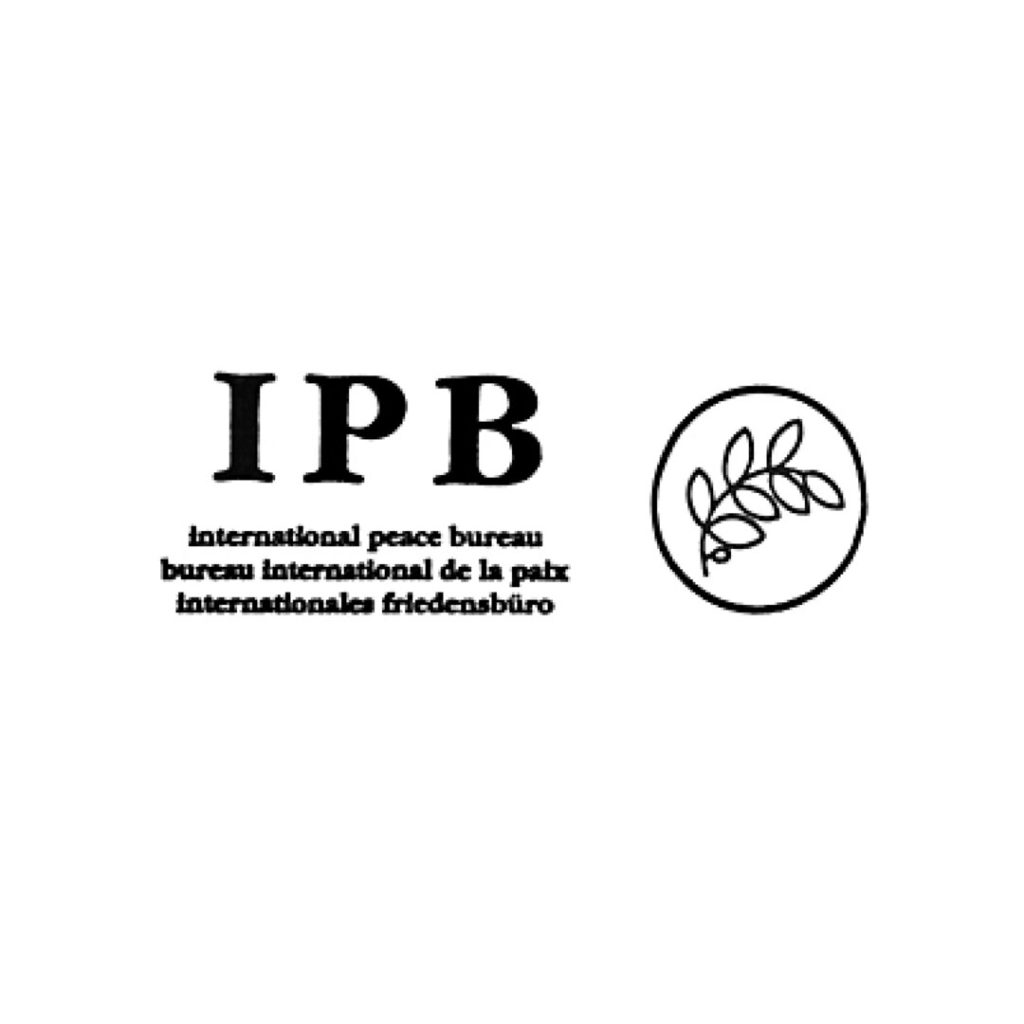Permanent International Peace Bureau
Speed read
The International Peace Bureau was awarded the Nobel Peace Prize for acting as a link between the peace societies of various countries and helping them to organise the international peace movement.

Full name: Permanent International Peace Bureau
Native name: Bureau international permanent de la Paix
Founded: 1891 in Bern, Switzerland
Date awarded: 10 December 1910
The heart and mind of peace organisations
Starting in 1870, a grassroots peace movement emerged in Europe and the USA. Peace advocates in various countries sought to establish peace societies that would promote the cause of peace in their local communities. They fought for disarmament and the resolution of international conflict through mediation and arbitration. As these activities increased, the need for an office to coordinate and direct them became apparent. On an initiative from Fredrik Bajer (Denmark, 1908 peace prize laureate), the International Peace Bureau was established in 1891, with headquarters in Bern. Élie Ducommun (Switzerland, 1902 peace prize laureate) was the IPB’s first secretary-general. The IPB published a journal and organised annual peace congresses. As of 2011, the IPB has over 300 member organisations. Its headquarters are now in Geneva.
"We are convinced that this award is entirely in the spirit of Alfred Nobel’s plan; he wanted his money to be used to support, accelerate, and promote the peace movement."
Jørgen Løvland, Chairman of the Nobel Committee, Presentation Speech, 10 December 1910.
Peace congresses
Alfred Nobel’s will cites the ”holding and promotion of peace congresses” as one of the criteria for awarding the Nobel Peace Prize. Organising peace conferences was an important task for the International Peace Bureau, which had been a candidate for the peace prize every year since 1901. The peace congresses focused on complex issues. In 1904 in Boston, for example, the conflict between Germany and France over Alsace-Lorraine was given priority. A working group proposed potential solutions. One possibility was for France to accept that the region was lost. Another was that Alsace-Lorraine would become an independent, neutral republic. A third was that Germany would give up its claim to the region in exchange for French colonies!
"The Bureau has justly been called the ‘Mouth-piece of the Peace-makers’, and the ‘Soul of the Movement’."
Hogdson Pratt, Nomination proposal, 1901.
Learn more
The International Peace Bureau (IPB) was founded as a result of the third Universal Peace Congress in Rome, 1891, with Fredrik Bajer one of its principal founders and its first president ...
Disclaimer: Every effort has been made by the publisher to credit organisations and individuals with regard to the supply of photographs. Please notify the publishers regarding corrections.
Nobel Prizes and laureates
Six prizes were awarded for achievements that have conferred the greatest benefit to humankind. The 14 laureates' work and discoveries range from quantum tunnelling to promoting democratic rights.
See them all presented here.
